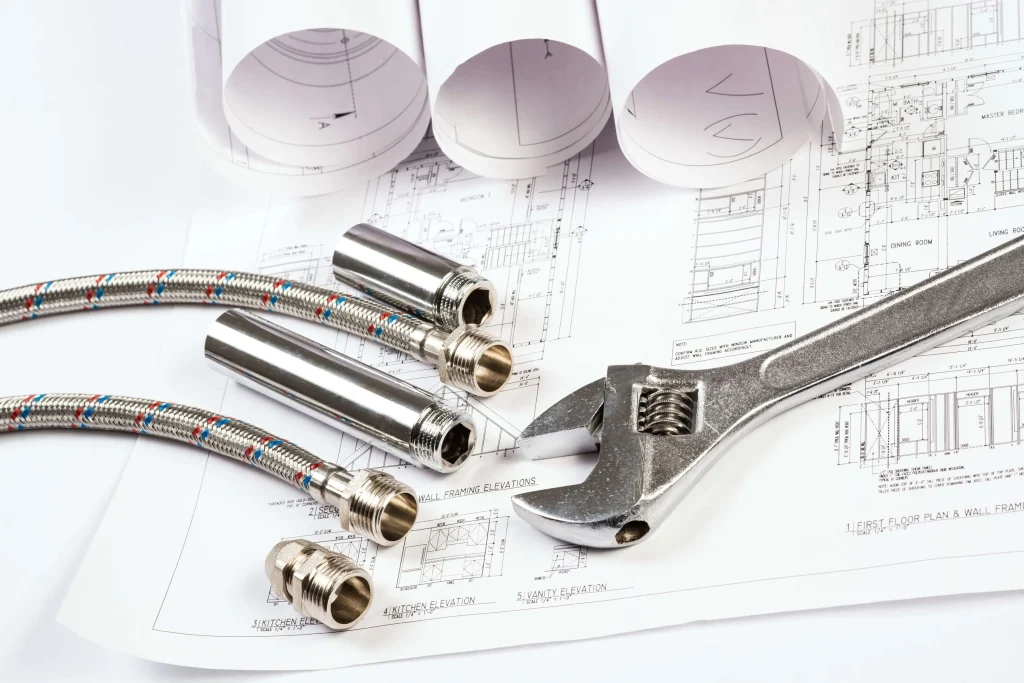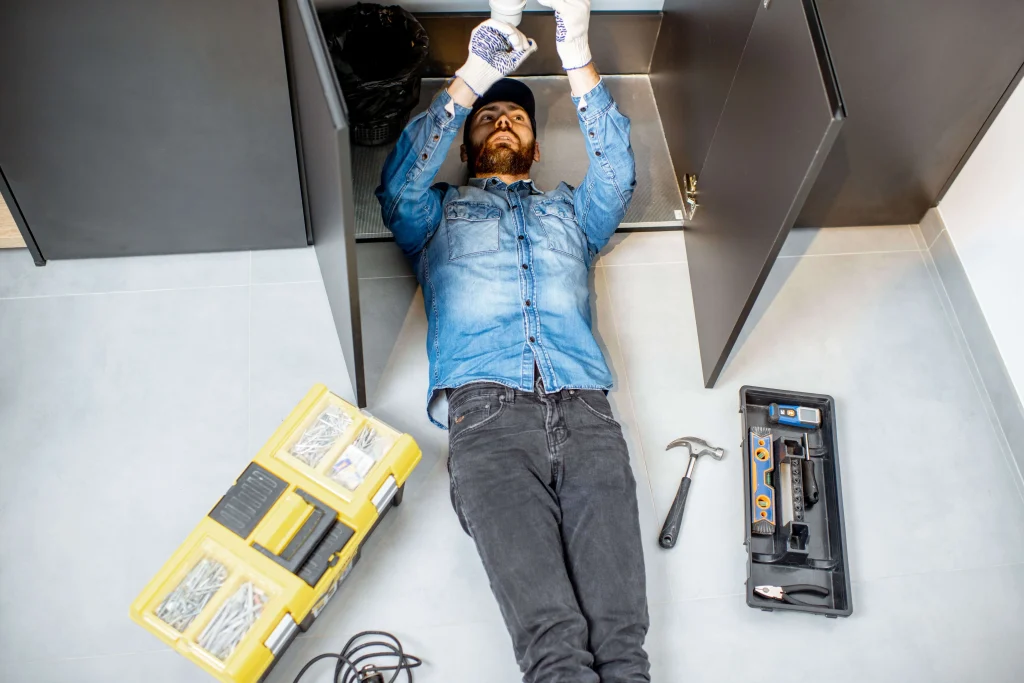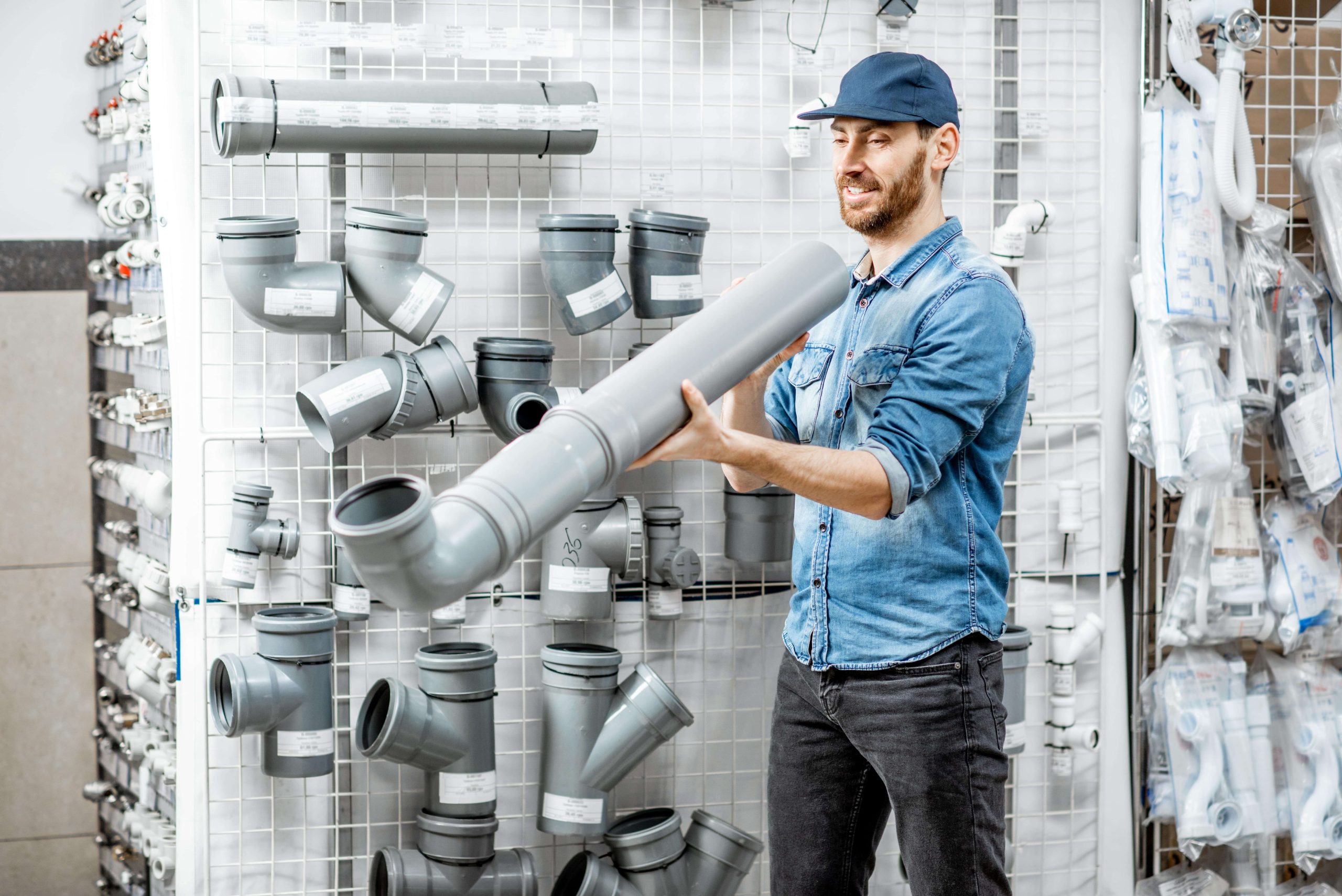Your home plumbing system is one of the vital components that let your lot for sale and house become acceptable for living. Water itself is a valuable resource that we need to survive, do day-to-day tasks, maintain personal hygiene, and the like. Therefore, having decent knowledge about house plumbing code would benefit you.
Your Home’s Source of Water

Your home’s water supply constitutes the water supply pipes system purposed for bringing clean usable water into your house and the plumbing systems of other houses. This water comes from either well water or city water.
Well water
Well water is a source of fresh water that is received by homes that do not get their water supply from a city water system. No monthly bills are required for using well water since it comes from a well, but using this kind of water source requires drilling, testing, and high-pressure pumping in order for the water to reach the home and be usable.
City water
City water, as the name implies, is clean water distributed in suburban or residential areas, like cities or municipalities. City water flows from a water supplier to a main pipe buried under the street that branches out into smaller systems of pipes that go toward the different homes and lot for sale in your neighborhood. This flowing water reaches the water meter in your house before it goes to the plumbing fixtures in your home.
Learn How to Maintain Your Home’s Water Supply Network
Your house’s water supply lines are the direct source of the water that you will use in your home or lot for sale. Although it is typically the plumbing professional’s job to take care of defects in the water supply system, there are things you can be aware of to make sure that your house’s water supply system is being taken care of.
For example, having the water supply be at high pressure enables for strong and optimal water flow, but this leads to the water system becoming susceptible to damage. Moreover, a properly installed water supply system should not be vulnerable to leaks but may become more sensitive to degradation over time. If a leak were ever to occur in the water supply system, it would result in low-pressure water that would lead to your plumbing fixtures being unusable.
The Importance of a Drain-Waste-Vent (DWV) System
Within your home are a network of pipes that direct the flow of water towards the different plumbing pipes systems in your household, such as copper pipe, PVC pipe, plastic pipe, galvanized steel pipe, cast iron pipe, drain lines, and the like. The water then goes towards each plumbing fixture in your house, such as your showers, washing machines, sinks, faucets, and the like. When using these fixtures, the clean water that you’ve used up, which is called wastewater, leaves through another system of pipes called the Drain-Waste-Vent (DWV) system.
Three main parts of the DWV system are the drain vent, drain pipes, and drain traps. The drain vent is purposed for making sure that water is able to go through your drainage system; extending from the roof of your house to the drain pipe, the drain vent allows air to be released into the plumbing system to make water go down the drain smoothly. Drain pipes are built to make use of gravity in order for water to move from the plumbing fixtures in your lot for sale to the sewer line or waste lines. Drain traps are curved-shaped pipes that are purposed for making wastes and gases sediment, preventing your foul odors to spread within your house from the pipes.
Learn How to Maintain Your Home’s DWV System
Maintaining your DWV system is what is usually what people refer to when it comes to taking care of the plumbing system in your home. When your DWV system is poorly taken care of and neglected, this can lead to damp ceilings, foul odors spreading in your house’s rooms, leaks, and the like. The main parts of the DWV system in your lot for sale can be divided into the bathroom plumbing and the kitchen plumbing.
The bathroom plumbing, along with having piping systems that allow for hot and cold water, relies on high water pressure. If the fixtures in your bathroom, like the faucets and showers, are not working, then the water pressure may be too low. It is best to call a professional plumber in that case.
The kitchen plumbing, on the other hand, also has a piping system that allows for hot and cold water, but the pipes are within the walls of your house. Hence, this also calls for a professional plumber’s work instead.

Good Habits for Maintaining Your Plumbing System
Taking poor care of your home plumbing will lead to greater degradation of your house plumbing system which can lead to more expensive bills. Hence, some good habits for maintaining good care of your home plumbing may help you.
For example, it is important to be wary of leaky pipes in your lot for sale because leaks are capable of causing water damage to the ceiling or walls and mold growth. Hence, a regular plumbing inspection by plumbing professionals is good to have to prevent your house from deteriorating. Moreover, use strainers to prevent your pipes from clogging, and replace them when needed. In addition, when your water pressure is low when it shouldn’t be, it is best to call a professional plumber to have it checked.
When to Call Professional Plumbing Services
Practically speaking, the best thing you can do in order to maintain your house plumbing systems is to be familiar with how they work and to know what signs to be wary of so that a professional plumber can assess and repair your plumbing system. Although, this does not mean that just because your plumbing system is working, there is no need for a professional plumber to do inspections on the plumbing system in your lot for sale.
It is best to have a professional plumber do regular check-ups on your plumbing system to ensure that any minimal damage found does not exacerbate. After all, if the house you own is a property you are planning to sell in the real estate market, its plumbing system will have a large bearing on the property’s value.


